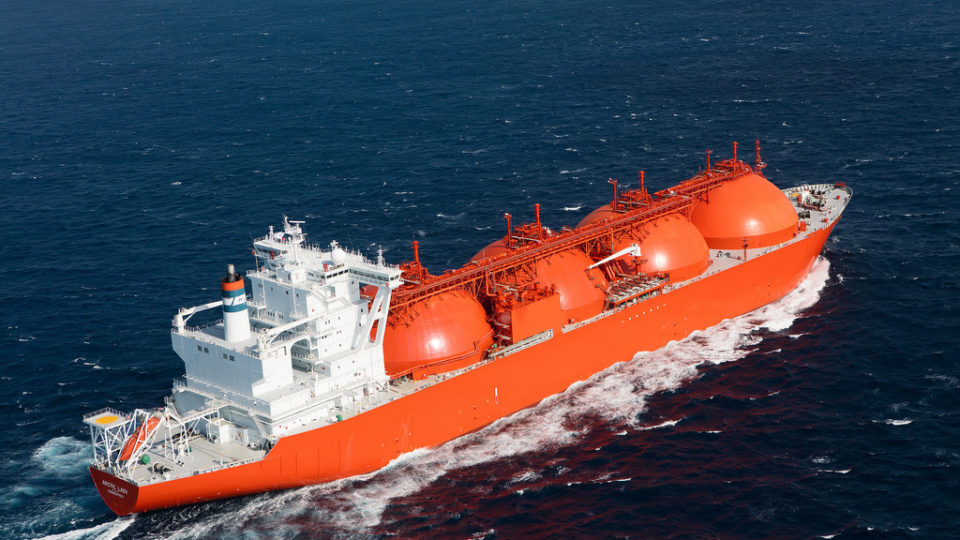A major security threat in Mozambique is highlighting the risks of oil and gas development in unstable nations.
Work on a $20–billion liquefied natural gas (LNG) project operated by France’s Total SA that is key for future supply to Asia and India has been suspended after recent insurgent attacks in the African country.
“Mozambique delays are redefining the LNG markets for the 2020s,” says Dan Tsubouchi, chief market strategist with Canadian investment management firm SAF Group.
“Mozambique may be in Africa, but unless sustained peace and security is attained, it is a game changer to [the] LNG outlook, creating a bigger and sooner LNG supply gap.”
That gap could be filled in part by an expansion of Canada’s budding LNG industry, Tsubouchi wrote in an April 28 blog post.
Unrest impacting LNG supply
The attacks in Mozambique are challenging the country’s ability to realize its potential as an LNG exporter and help raise its people out of poverty.
The unrest has also delayed approximately 5 billion cubic feet per day of LNG supply that was to come online in the mid-2020s, Tsubouchi said. The issues related to security and safety at Total’s project are also expected to impact Exxon Mobil, which is developing its own LNG project in Mozambique.
“It’s hard to believe the Mozambique government will be able to quickly convince the Total and Exxon boards that they can be comfortable there is a sustained security/safety situation and they can send their people back in to develop the LNG,” Tsubouchi said, predicting a delay on the projects of at least two years.
Meanwhile, global LNG demand is expected to continue rising, doubling over the next two decades to 700 million tonnes by 2040, according to Shell’s latest outlook.
The substantial projected increase is driven by population growth and by countries, particularly in Asia, using cleaner natural gas to reduce reliance on coal and help meet greenhouse gas emissions targets.
For example, Shell’s LNG Canada project, now under construction near Kitimat, B.C., is expected to reduce emissions by the equivalent of shutting down 20 to 40 coal-fired power plants in China.
ESG and LNG
Total withdrew its staff out of the Mozambique LNG project in late April after drone surveillance found armed insurgents were “very close” to the site, according to news outlet France 24. It’s the latest development in unrest that has been ongoing since 2017.
Meanwhile in Canada, natural gas producers – potential suppliers eager for more LNG export projects – are being grilled about whether increased focus on environmental, social and governance (ESG) metrics will affect their ability to attract and retain investors.
“We would be happy to rate Canada against other jurisdictions in the world and the way they produce oil and gas, their responsibilities to human rights and civil law. I say bring it on,” Jeff Tonken, CEO of midsized natural gas producer Birchcliff Energy, said during an early April virtual investment symposium hosted by Scotiabank and the Canadian Association of Petroleum Producers.
“It would be good for Canada, because we’ll stand right at the top.”
Tonken’s sentiment was echoed by Darren Gee, CEO of fellow natural gas producer Peyto Exploration.
“If anything, capital is going to flow to our sector and our industry and our participants way more as a result of the good work that we’re doing already on ESG,” he said.
Expansion of LNG Canada?
SAF Group’s Tsubouchi said the delays in Mozambique could make Canada an appealing choice for added LNG investment by Shell and its partners. Moving into LNG Canada Phase 2, about 1.8 billion cubic feet per day of supply, would enable Shell to commit to its existing contractors for a “continuous construction cycle,” he said.
“We have to believe any major LNG player, including Shell, will be at least looking at their brownfield LNG project list and seeing if they should look to advance a final investment decision later in 2021,” Tsubouchi wrote.
“With a stronger tone to oil and natural gas prices in 2021, the LNG supply gap will at least provide the opportunity for Shell to consider a final investment decision for its brownfield LNG Canada Phase 2 and provide big support to Canadian natural gas for back half of the 2020s.”
The unaltered reproduction of this content is free of charge with attribution to Canadian Energy Centre Ltd.
